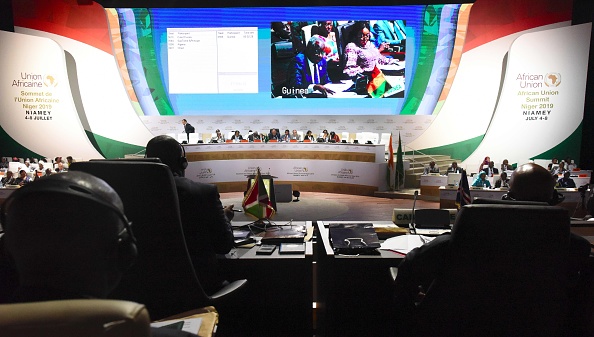
UN agency urges Tunisia to ratify AfCFTA “soon” to fully exploit African market

The UN Economic Commission for Africa (ECA) on Friday urged the Tunisian government and business community to ratify the African Continental Free Trade Area (AfCFTA) so as to harness its economic potentials.
Noting Tunisia as one of the AfCFTA signatory AU member countries that are yet to ratify the agreement, the ECA in a statement issued on Friday stressed that “in order to better seize its potential, Tunisia will need to ratify the agreement soon, and bring national regulations in line with AfCFTA requirements.”
According to the ECA, among Tunisia’s major economic sectors that are most likely to benefit from the new free trade zone include the pharmaceutical, agriculture and food, building materials sectors as well as the services sectors, especially in the fields of engineering and medical services.
“Africa has become a growing priority in Tunisia’s strategic as well as its economic policy orientations,” an ECA statement quoted Omar Behi, Tunisia’s Minister of Trade, as saying.
According to Behi, the North African country, with an aim to fully benefit from the potential of intra-Africa trade under the continental free trade pact, had over the last few years joined the COMESA, strengthened its relations with ECOWAS, launched an annual African Economic Forum, and participated in all negotiation phases for the establishment of the AfCFTA.
“These efforts would remain incomplete if we don’t popularize the progress made on the negotiation front, especially among the business community, or if we don’t build a collective involvement around the process and our objectives,” Behi stressed.
The Tunisian trade minister also disclosed that technical discussions are currently taking place in a number of areas, including the AfCFTA regulatory and legal frameworks that include regulatory cooperation on rules of origin, as well as lists of specific commitments.






